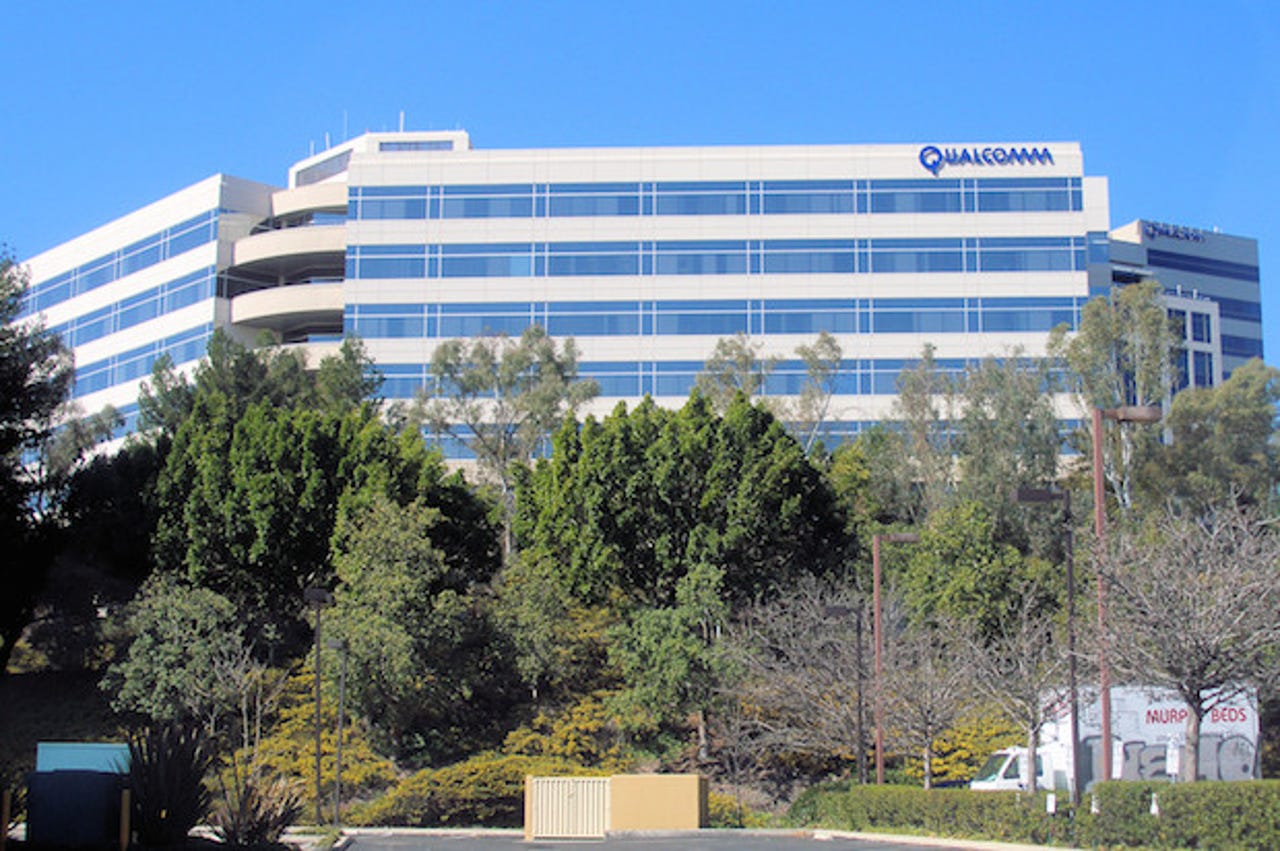Qualcomm hits back at Apple suppliers for breach of contract


Qualcomm on Wednesday said it has filed a counter suit against Apple's iPhone and iPad manufacturers for withholding royalty payments.
Featured
Specifically, Qualcomm filed a breach of contract complaint against Foxconn, Pegatron Corporation, Wistron Corporation, and Compal Electronics for breaching their license agreements. Qualcomm alleges that Apple "orchestrated the actions of each defendant," and is seeking an order that would require the manufacturers to comply with existing contractual obligations.
Last month, Apple decided to withhold royalty payments to contract manufacturers until the legal dispute with Qualcomm was resolved. The move delivered a significant blow to Qualcomm's revenue outlook and forced the chipmaker to issue a profit warning to account for the non-payment scenario.
Now, Qualcomm is insisting that Apple was in no position to influence the manufacturers, as the license agreements were entered into before Apple sold the first iPhone. Moreover, Qualcomm said the manufacturers continue to pay royalties for use of Qualcomm technology in non-Apple products, under the same contract agreements being disputed by Apple.
"It is unfortunate that we must take this action against these long-time licensees to enforce our agreements, but we cannot allow these manufacturers and Apple to use our valuable intellectual property without paying the fair and reasonable royalties to which they have agreed," said Qualcomm general counsel Don Rosenberg.
"As Apple continues to collect billions of dollars from consumer sales of its Qualcomm-enabled products, it is using its market power as the wealthiest company in the world to try to coerce unfair and unreasonable license terms from Qualcomm in its global attack on the company," he added. "Our license agreements with Apple's manufacturers remain valid and enforceable. The manufacturers must continue to live up to their obligations under these agreements and Apple should immediately cease its tortious interference."
The legal dispute began in January, when Apple filed a suit against Qualcomm accusing the semiconductor giant of overcharging for chips and withholding nearly $1 billion in contractual rebate payments.
The suit also charges that Qualcomm is "attempting to extort" Apple into obstructing an investigation by South Korean regulatory investigators into Qualcomm's monopolistic practices. Additionally, the suit claims that Qualcomm has created an "abusive licensing model" that lets the company demand excessive royalties.
In early April, Qualcomm was forced to pay BlackBerry $814.9 million in an arbitration settlement. The two companies had agreed to arbitrate a contract dispute over whether Qualcomm's royalty cap program applied to payments made by BlackBerry under a licensing deal. The arbitrator determined that BlackBerry had indeed overpaid royalty fees between 2010 and 2015.